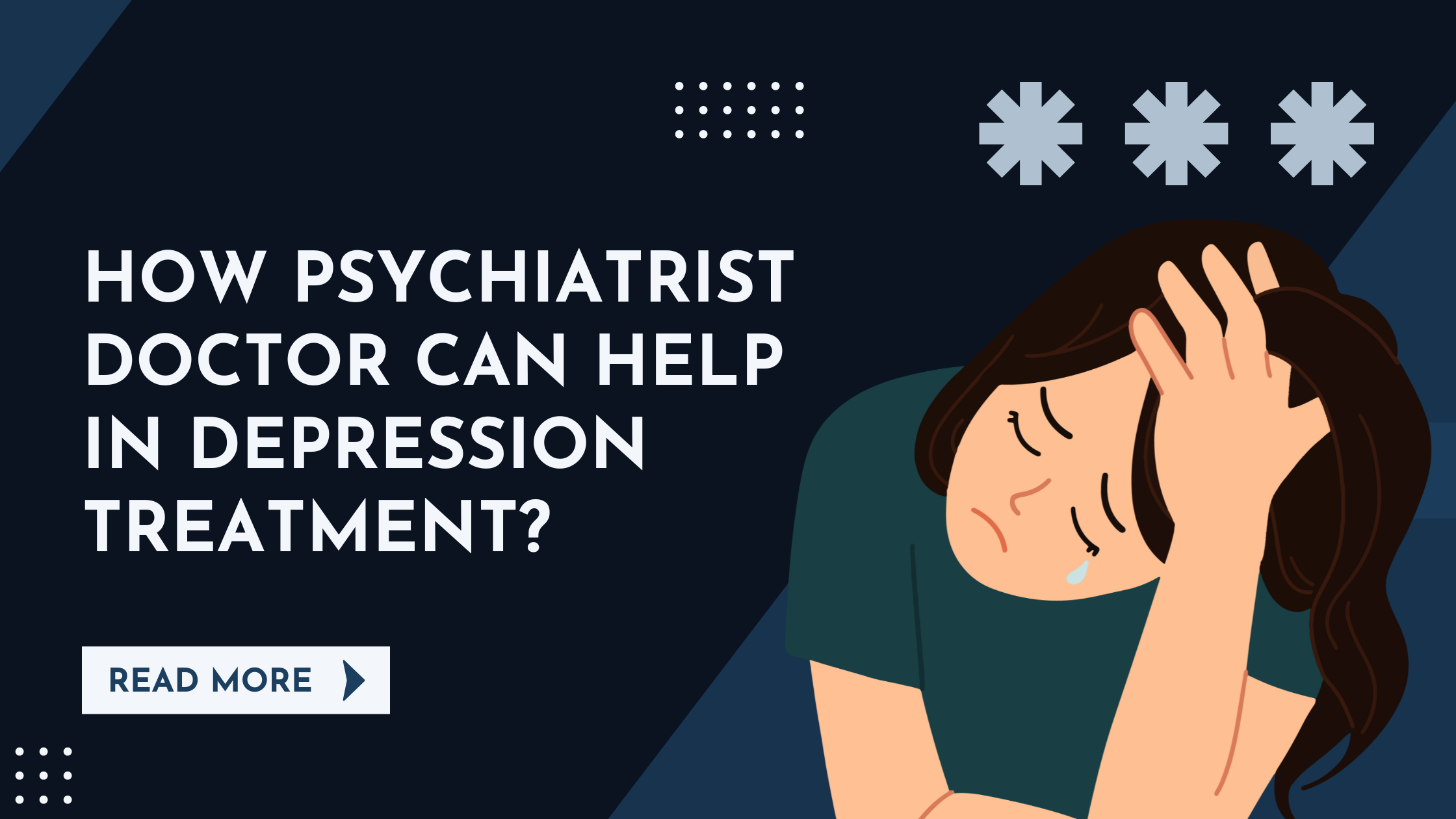
How Psychiatrist Doctor Can Help In Depression Treatment?
Depression is a common mental illness that affects millions of people worldwide. It is a serious condition that can significantly impact a person’s daily life, including their ability to work, socialize, and maintain healthy relationships. While there are several effective treatments for depression, including medication and therapy, the role of a psychiatrist doctor in depression treatment is critical.
A psychiatrist is a medical doctor who specializes in the diagnosis, treatment, and prevention of mental illness, including depression. They have extensive training and expertise in understanding the biological, psychological, and social factors that contribute to mental health problems. Here are some ways in which a psychiatrist can help in depression treatment:
Accurate Diagnosis: One of the essential roles of a psychiatrist is to accurately diagnose depression. Depression is a complex illness, and it can often be challenging to distinguish between different types of depression, such as major depressive disorder, bipolar disorder, and seasonal affective disorder. A psychiatrist can evaluate the symptoms of depression and make an accurate diagnosis, which is crucial for developing an effective treatment plan.
Medication Management: For many people with depression, medication can be an effective treatment option. Psychiatrists are trained to prescribe and manage medication for depression, including antidepressants, mood stabilizers, and antipsychotic medication. They can work closely with their patients to monitor the effectiveness of the medication and adjust the dosage or medication as needed.
Psychotherapy: In addition to medication, psychotherapy is also an essential treatment for depression. Psychiatrists can provide different types of therapy, including cognitive-behavioral therapy (CBT), interpersonal therapy, and psychodynamic therapy. These therapies help patients learn coping skills, develop more positive thought patterns, and improve their relationships with others.
Coordinated Care: Psychiatrists work closely with other healthcare providers, including primary care physicians, psychologists, and social workers, to provide coordinated care to their patients. This collaboration ensures that the patient receives comprehensive care that addresses all aspects of their mental health.
Suicide Prevention: Depression is a significant risk factor for suicide, and psychiatrists are trained to identify and manage suicidal thoughts and behaviors. They can work with their patients to develop a safety plan and provide ongoing support and care to reduce the risk of suicide.
In conclusion, a psychiatrist is an essential member of the mental health care team and can play a critical role in treating depression. By accurately diagnosing the condition, prescribing medication and providing psychotherapy, and coordinating care, they can help their patients manage their symptoms and improve their quality of life. If you or someone you know is struggling with depression, it is essential to seek help from a qualified mental health professional, such as a psychiatrist.

